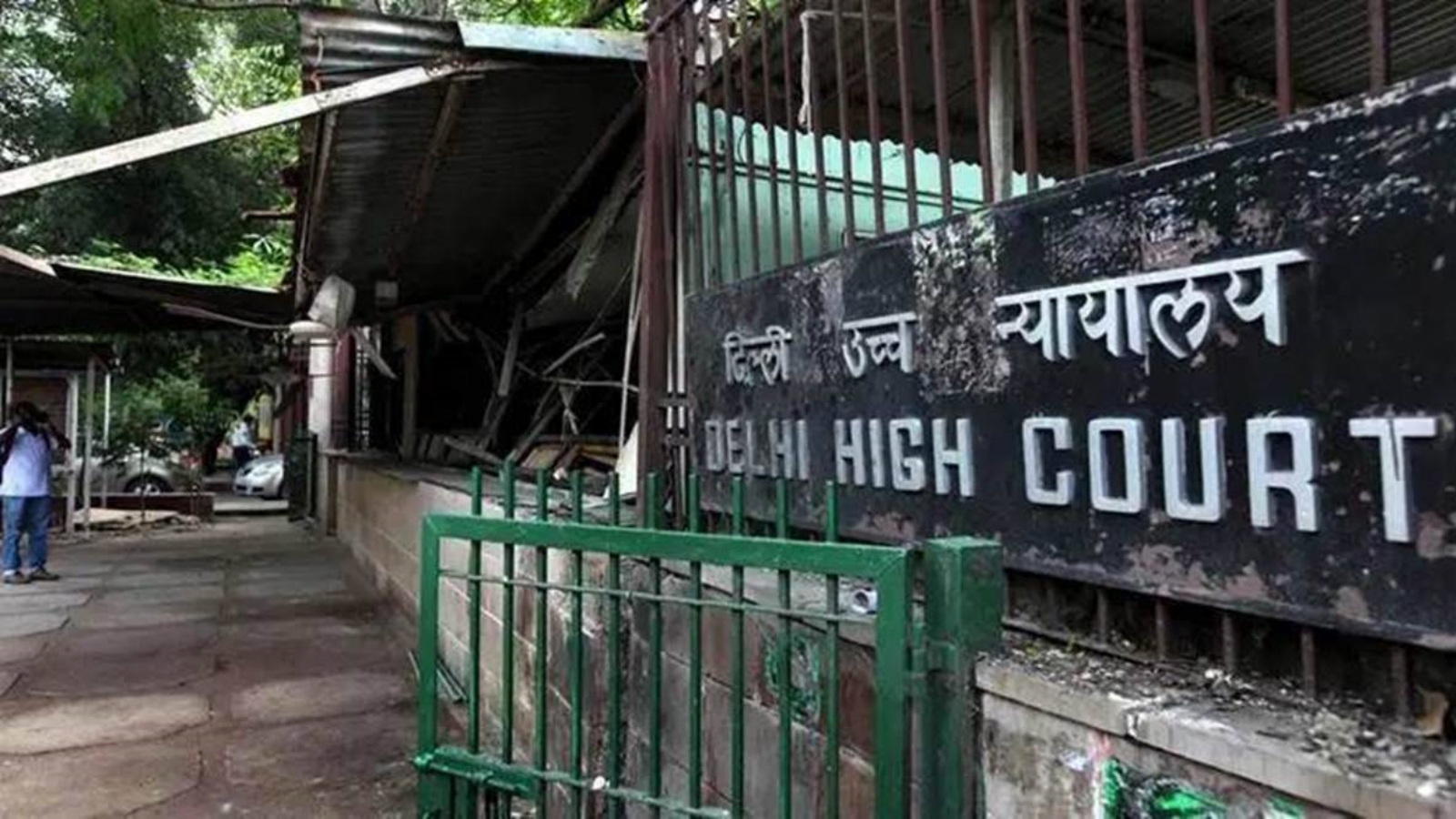‘Total silence, opacity’: Delhi HC sets aside Rs 95-crore contract to security firm SIS for guarding heritage sites
The court flagged how the contracts were awarded to an agency while disqualifying 75 others, and directed the Culture Ministry to initiate the tendering process afresh and complete it within three months.
 The bid document outlined that bidders required past experience in similar services to any central/state government organisation/public sector undertaking.
The bid document outlined that bidders required past experience in similar services to any central/state government organisation/public sector undertaking. The Delhi High Court recently set aside contracts worth Rs 95 crore for requisitioning security guards for protected monuments located in the Southern and Central regions of India, given by the Ministry of Culture.
The court flagged the “total silence and opacity in the manner” in which the contracts were awarded to an agency while disqualifying 75 others, and directed the ministry to initiate the tendering process afresh and complete it within three months.
CISS Services Ltd, which provides security solutions, had moved the HC, seeking quashing of the work orders issued to another agency — SIS Limited — for providing 1,306 unarmed security guards at the monuments of national heritage, some of which have also been declared as World Heritage Sites.
The tenders were issued in July 2024, which received 76 bids. In December 2024, technical bids were opened, where 75 of the 76 bidders, including CISS Services, were disqualified. The only bidder remaining was SIS Limited, and it was awarded the contract in March 2025. The prior round of the government’s contract was with SIS Limited.
SIS Limited was founded by Ravindra Kishore Sinha, who is also its group chairman. Elected to the Rajya Sabha from Bihar in 2014 as a BJP member, former journalist Sinha’s SIS found its links to two offshore entities in the Paradise Papers investigation in 2017.
The scope of the tenders required prevention of damage and theft from monuments/ museum/ sites, among other duties. The bid document also outlined that bidders required past experience in similar services to any central/state government organisation/public sector undertaking.
In this regard, to exemplify its prior experience, CISS Services had referred to being a service provider to SBI. The government authority had, however, objected to this on the ground that the SBI had engaged the firm for execution of “caretaker services” and not “security services”, and thus the same would not qualify as experience in similar services.
In an order dated August 1, a bench of Chief Justice D K Upadhyaya and Justice Anish Dayal, setting aside the work contracts and directing for a fresh tendering, noted that the services that ministry had outlined in the tender and the scope of “caretaking services” in SBI were “substantially similar” with “only the context that changes i.e. from an ATM to a monument”.
“In the opinion of this court, any reasonable and prudent person would consider that these are ‘similar services’ and cannot be vastly distinguished merely on the basis of nomenclature. The SBI contract would have, for the purposes of their own internal systems, defined these services as ‘caretaker services’. Mere use of the ‘caretaker’ phrase does not dilute, in any manner, the core nature of service, i.e., of an unarmed security guard…,” the bench said.
It further reasoned, Any prudent person would simply peel off only one thin layer to appreciate the real purpose of the contract and would have arrived at an undeniable conclusion that the contract was for security services… The tendering authority could have been in a better position in this situation by expanding the base of the consideration beyond just one person out of 76, to get a favourable bid, and could have easily asked for a clarification on this issue from the petitioner.”
“It is quite clear that there was no cogent/clear reasoning which was furnished and merely a decision was handed down by means of the cryptic paragraph… disqualifying petitioner (CISS Services) and finding respondent (SIS Limited) as eligible. No embellishment, no elaboration, no light has been thrown by the Tender Committee as to on what basis and parameters they had reached this decision,” the court said.
“There is total silence and opacity in the manner in which the authority arrived at this decision,” the bench further recorded, while holding the tendering authority’s decision as “arbitrary and unreasonable”.







